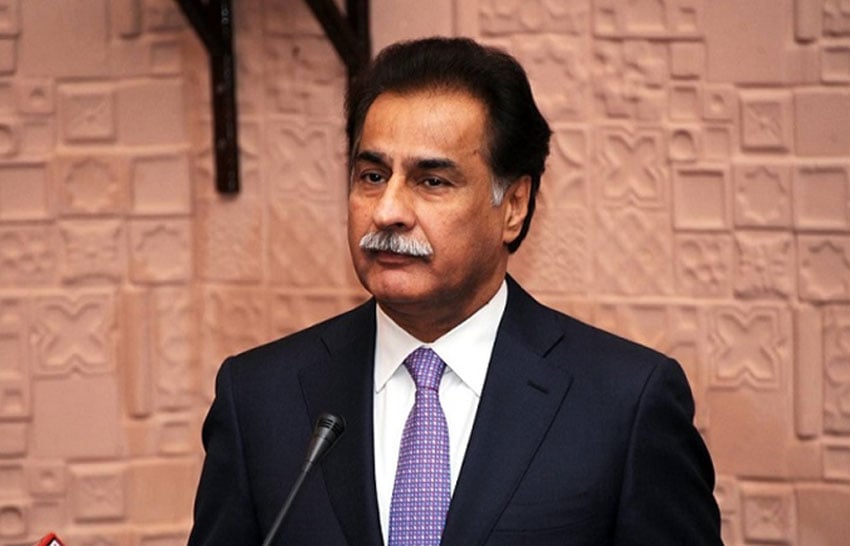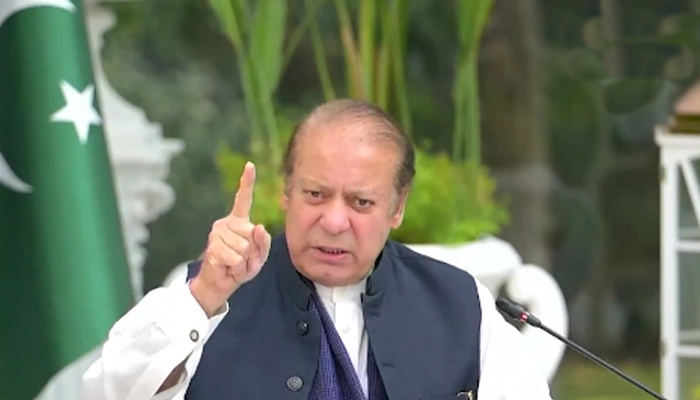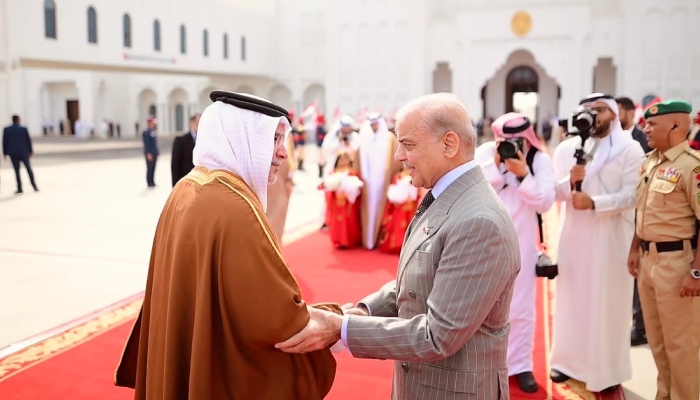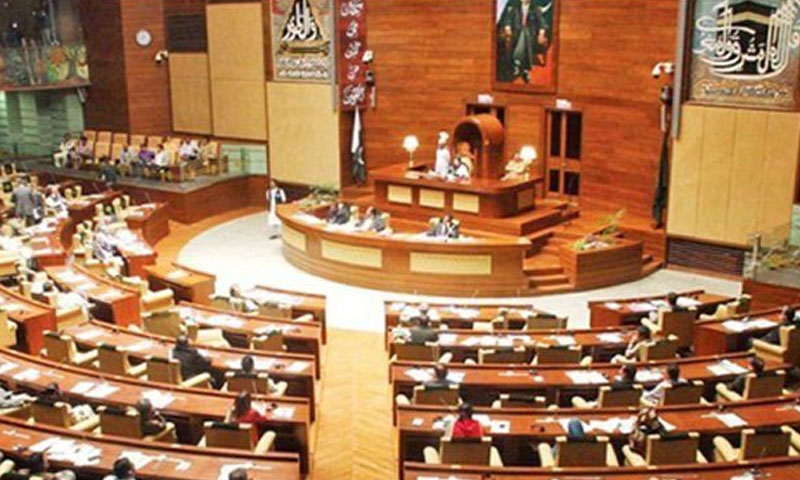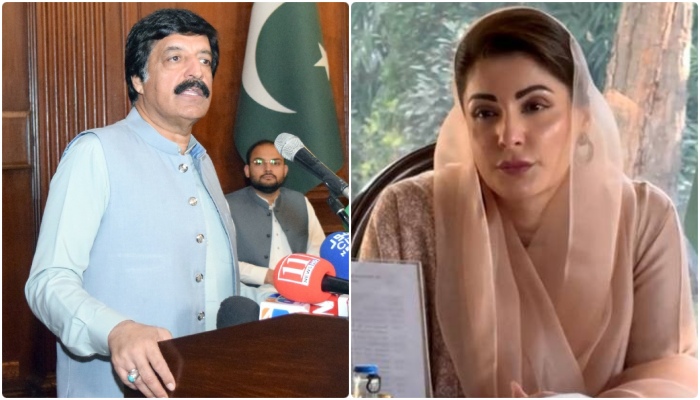POLITICS & POLICY MAKING
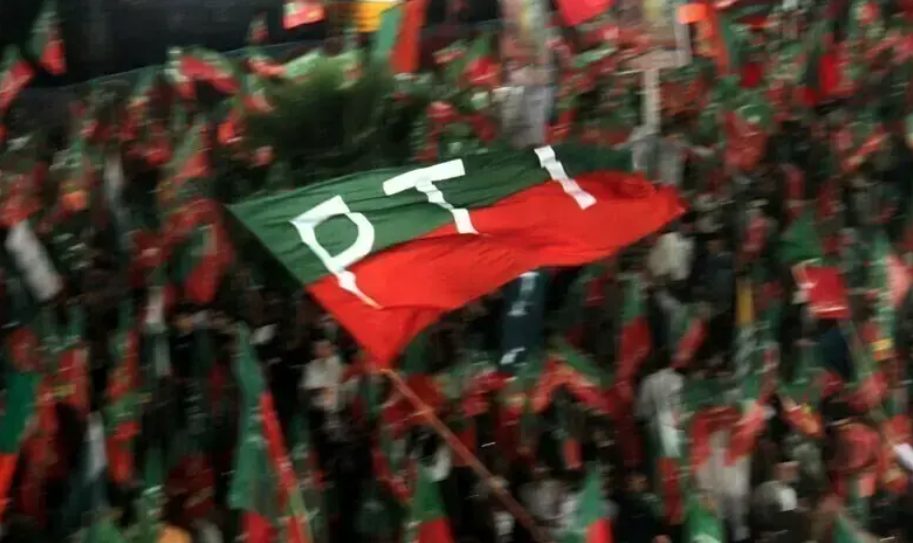
Pakistan Tehreek-e-Insaf (PTI) is witnessing internal tensions after the party issued a memo establishing a formal chain of command for its organisational structure. Some senior leaders have criticised the move, calling it “undemocratic” and likening it to running the party like an “army unit.”
According to the memo, signed by Additional Secretary General Firdous Shamim Naqvi, central, provincial, regional, district, and tehsil office bearers must follow a strict reporting hierarchy. Central, provincial presidents and general secretaries will report to the party’s secretary general, while district and tehsil officials will report to their respective regional general secretaries. The memo emphasises that no tier can bypass this chain of command.
Several leaders, speaking on condition of anonymity, expressed concerns that the memo undermines decentralisation and one-man rule may dominate the party. “Now, no decision can be taken without approval from the secretary general. Currently, there is no secretary general, and that is why Mr Naqvi signed the memo,” one leader said. Another warned that the political committee envisioned in the PTI constitution has been sidelined, leaving little room for dissent.
PTI Information Secretary Sheikh Waqas Akram defended the move, stating the memo was necessary to clarify roles within the Election Management and Assessment Cell (EMAC). He added that the hierarchy aligns with the party constitution submitted to the Election Commission of Pakistan in 2019. “Chain of command has to be recognised to run any party smoothly. Otherwise, parties cannot function effectively,” Akram said.
The internal friction highlights a growing divide within PTI as it balances internal governance and party discipline against the legacy of Imran Khan’s leadership, which had emphasised differences of opinion as a core strength of the party.
